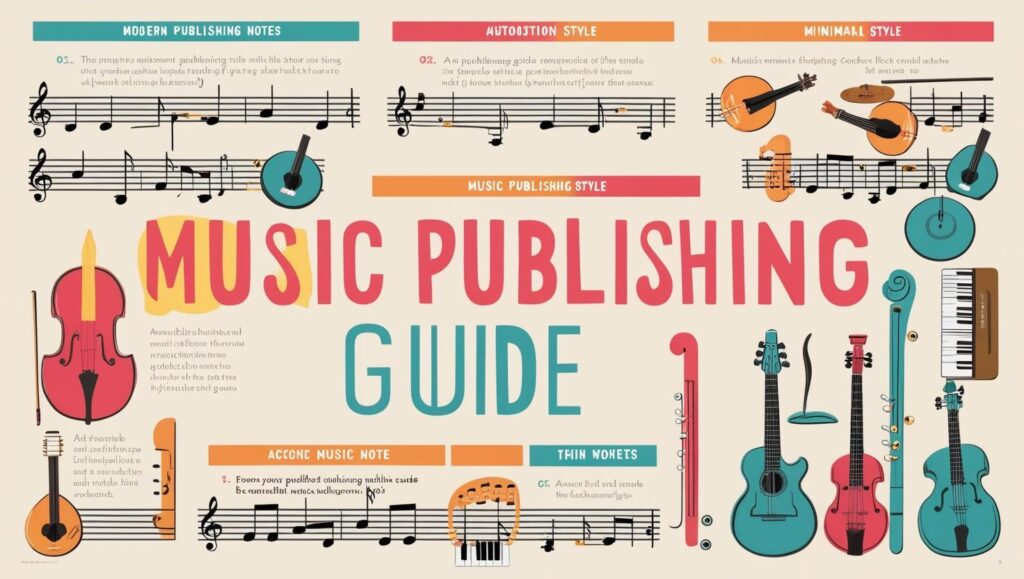Music Publishing Explained

Music Publishing Explained: A Concise Guide for Indie Artists
Making money as a musician goes beyond streaming and touring. A crucial revenue stream often overlooked by indie artists is music publishing. Understanding publishing is key to maximizing your earnings as a songwriter. This guide provides a concise overview of music publishing essentials.
What is Music Publishing?
Music publishing pertains to the rights and royalties associated with a song’s *composition*—the melody, lyrics, and structure—distinct from the master recording. As a songwriter, you inherently own these publishing rights. However, without proper registration and administration, you won’t receive due compensation.
Understanding Music Rights & Royalties
Four primary royalty types comprise music publishing income:
Mechanical Royalties: These are generated when your song is reproduced, whether physically (CDs, vinyl) or digitally (streaming, downloads). Every time your song is copied, a mechanical royalty is due.
Performance Royalties: These accrue when your song is performed publicly—on the radio, in live venues, or even in businesses. PROs (Performing Rights Organizations) collect and distribute these royalties.
Sync Licensing Fees: These are paid when your music is synchronized with visual media like films, TV shows, video games, or commercials. Sync licenses are a significant income source for many artists.
Print Rights: Though less common now, print rights cover royalties earned from sheet music sales.
Earning from Music Publishing: A Practical Guide
Indie artists can take several steps to ensure they’re collecting all due publishing royalties:
1. Join a PRO: Register with a Performing Rights Organization (ASCAP, BMI, or SESAC) to collect performance royalties. This is essential for any songwriter. Many artist development programs can assist with PRO registration.
2. Collect Mechanical Royalties: Utilize a mechanical royalty collection service (like The MLC, HFA, or others) to capture earnings from streaming, downloads, and physical sales. Global collection services are available.
3. Consider a Publishing Administrator: A publishing administrator can handle the complex process of royalty collection from multiple sources, simplifying your administration and maximizing your income. Several reputable administrators exist.
Protecting Your Music:
Two essential elements of protecting your music are:
Copyright Registration: Registering your copyright with the appropriate authority (e.g., Copyright.gov in the U.S.) provides legal protection for your compositions.
Accurate Metadata: Ensuring your music has correct metadata (songwriters, ISRC codes, etc.) is vital for proper royalty payments. Incorrect metadata is a common reason for lost earnings.
Critical Steps for Indie Artists:
Managing your music publishing is crucial for long-term success as a songwriter. By understanding the different types of royalties and taking the necessary steps to collect them, you can secure your financial future in the music industry.
Register with a PRO. Utilize a mechanical royalty collection service. Consider a publishing administrator. Register your copyrights. Maintain accurate metadata.
Ready to learn more? Explore resources on music publishing and connect with industry professionals for further guidance.
–
#MusicPublishing #IndieMusic #MusicRoyalties #DIYMusician #Songwriting #SyncLicensing
Best Coast Records

